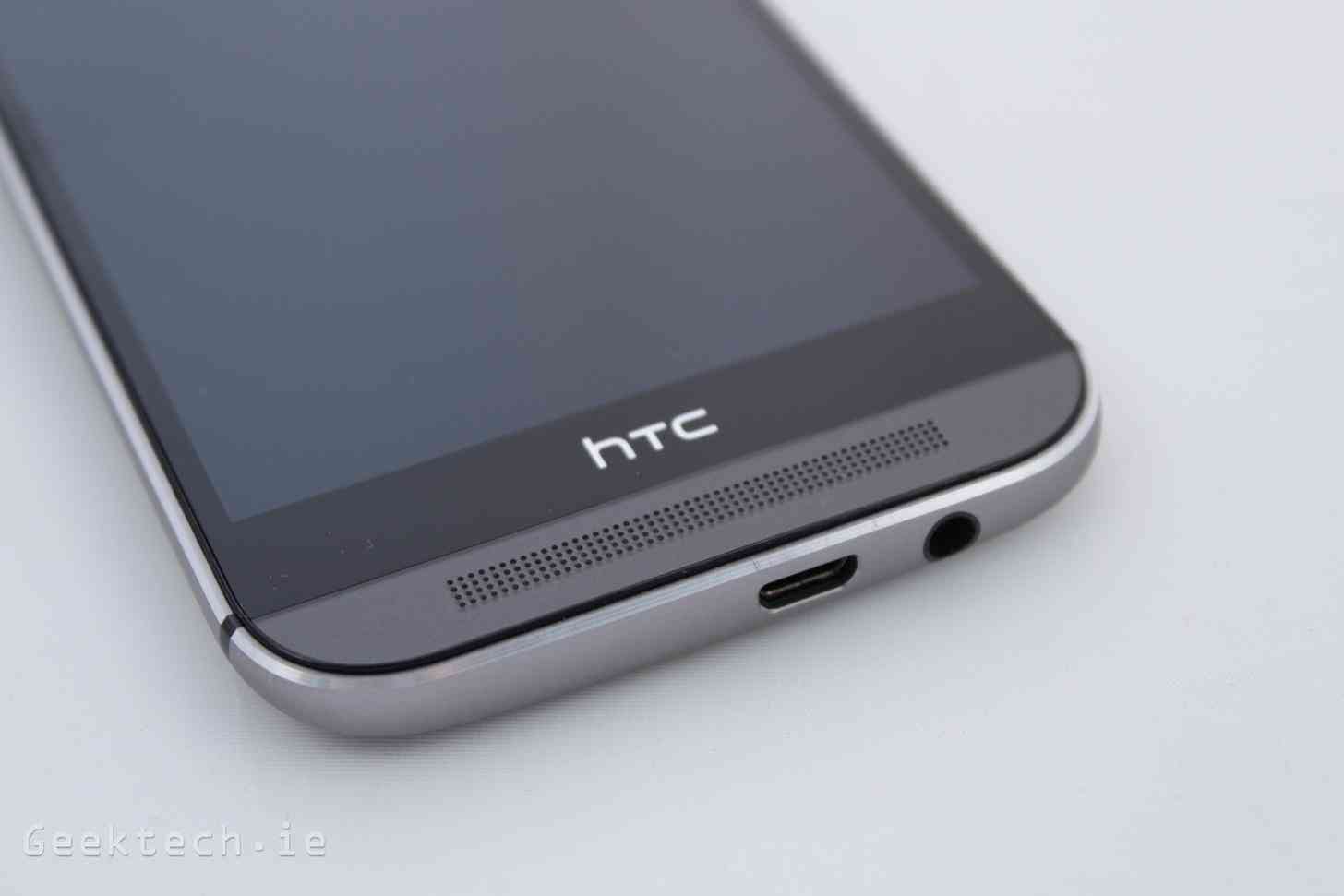
When HTC unveiled the U Play and U Ultra last month, nobody was sure what to make of it. The devices weren’t necessarily unwelcome by any means, but the move was a peculiar one for HTC. Were the U Play and U Ultra this year’s flagship duo? Did this signal the official end of the HTC One line? Given reports that HTC would be cutting back on smartphone releases this year, the idea wasn’t totally preposterous.
While we’re still uncertain whether the HTC 11 will arrive or not (and if it does it apparently it wouldn’t have that moniker) it seems more likely than unlikely to show up. Earlier today, GSM Arena reported a new leak that purportedly featured specs for the flagship, including the latest Qualcomm Snapdragon 835 processor, 6GB of RAM, and a 1556 x 2550 display. Unfortunately, as GSM Arena had suspected, the leak has since been debunked as a Photoshop job and it’s non-news at this point, but it did make me realize something.
Regardless of specs, if the HTC 11 is to make an appearance at all, I believe its best chances at becoming a force to be reckoned with is by placing more focus in an area that HTC tends to take for granted: marketing.
I could spend all day talking about potential specs for the HTC 11, but truth be told I have faith in HTC to create a solid flagship. I’m convinced that the only reason the HTC 10 flopped last year was due to high pricing, inconsistent availability from the “Big Four” carriers here in the U.S., and abysmal marketing. Two of those things could, in my opinion, drastically turn things around for HTC’s 2017 flagship if they so choose.
Here’s the thing: most Americans don’t care about expensive price tags as long as they can finance, and while that’s not necessarily the best idea long-term, it’s what we’ve grown accustomed to. AT&T didn’t directly sell the HTC 10, and T-Mobile dropped the phone after just three months. While it can be argued that HTC lucked out by avoiding a locked down phone full of bloatware (which carriers tend to do) by instead selling the phone unlocked on their own terms, by not taking that route they probably missed a good chunk of potential sales. I don’t know whether that decision was made by HTC or the carriers, but I hope those bridges can be mended for HTC 10's successor, especially if the company has no intention of expanding its horizons for advertising (which I consider more important than carrier availability in the long run).
If you weren’t already convinced that a large part of Apple and Samsung’s success came directly from advertising, then take Google’s Pixel and Nexus line into consideration. Nexus was hardly advertised, which explains why enthusiasts were the only ones to care about it. Pixel, on the other hand, has been given star treatment. I’ve seen billboards, video ads, and heard radio ads for Pixel. My true basis for knowing that Google is doing a bang-up job? My parents know about it (which means in their minds there are officially three phones to choose from now: an Apple, a Samsung, and a Google), which is why I believe that advertising is a more powerful tool than carrier availability. Even though their carrier (T-Mobile) doesn’t directly sell the Pixel, they at least know it exists and have the mind to look for it if they were interested.
I know that HTC’s purpose for releasing fewer smartphones is to focus on core features and performance, but I also hope that they'll reassign some of that effort into good advertisements and ensure their next flagship is readily available through as many channels as possible. I want to see HTC push forward, not only because they’ve made some of my favorite smartphones in the past but also because the company still encourages healthy competition in the industry and deserves more recognition than it’s getting lately.